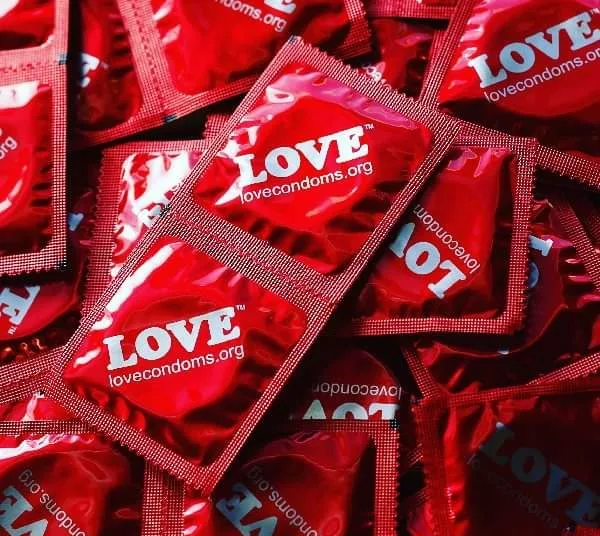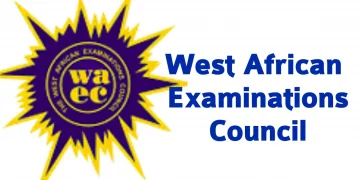To mark the 2023 International Condom Day, global AIDS organisation, Aids Health Foundation Nigeria in collaboration with the National Agency for the Control of AIDS (NACA) and the United Nations Population Fund Nigeria (UNFPA) has advocated for more education on the use of condom among adolescents to prevent the contact and spread of HIV and other sexually transmitted diseases.
The Foundation said condom advocacy has become more vital than ever, with more than 1 million sexually transmitted infections acquired daily across the globe and the world falling woefully short on HIV prevention goals in 2021. It said there is need to turn the tide by working to ensure people worldwide can access condoms wherever they live – as condoms remain the most affordable way to prevent HIV, other STIs, and unplanned pregnancies.
In a press statement made available to LEADERSHIP, the Foundation said it is planning a lively in-person and virtual commemorative “Always in Fashion” ICD events throughout 45 countries to highlight the importance of condoms and help people take control of their health through access to safer sex education and free or affordable condoms.
In Nigeria, AHF with its partners will host a Twitter-Space conversation on February 12, while a panel discussion would be held on the February 13th where a creative competition on safe sex would be adjudged as workable strategies to promote safe sex among the population are also examined. Also, partners will take part in live radio discussions to provide needed education to the public.
AHF Nigeria Country Program Director, Dr. Echey Ijezie in his address decried the poor knowledge about HIV and STI prevention among adolescents, adding that there is a need to educate them about the importance of practicing safe sex, by ensuring the commodity is made easily accessible to the population.
Also speaking, Director General, National Agency for the Control of AIDS (NACA), Dr. Gambo Aliyu said, “It has become important to ensure condom option is made available as a preventive measure to youths and people of reproductive age who may not abstain from sex given the rate of new HIV infections among young people aged 15-24 years, which calls for strengthened age and context-specific programming in this population”.
AHF maintained that condom use has significantly impacted the global HIV/AIDS response, averting an estimated 117 million new HIV infections since 1990, with close to half in sub-Saharan Africa and more than one-third in Asia and the Pacific. However, millions of people globally are still without access to condoms due to many reasons across various parts of the world.
As part of activities, AHF said it will distribute 500,000 condoms in Abuja.
“People want the ability to prevent HIV, other STIs, and unplanned pregnancies – but that becomes much more challenging if widespread condom stockouts, shortages, harmful taxation, and unaffordable prices continue,” said Terri Ford, AHF Chief of Global Advocacy and Policy. “AHF has put condoms and STI prevention at the top of our global priorities to intensify our efforts to get condoms to people throughout our 45 country teams despite the many existing barriers. We encourage everyone to help us promote safer sex!”





